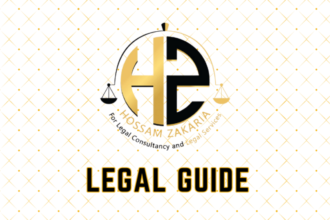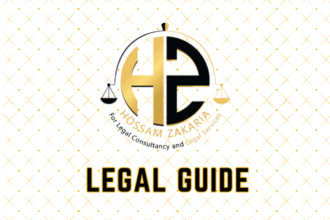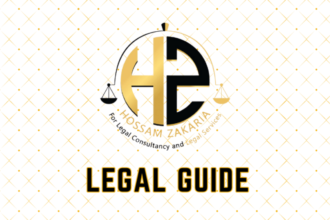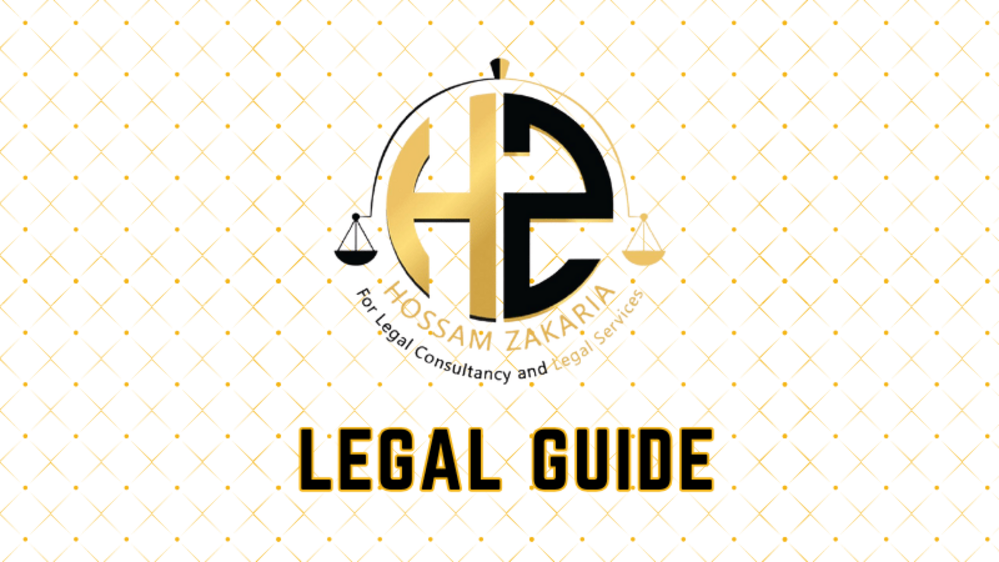Introduction: Importance of Air Accident Investigation Procedures in the UAE-Qatari Context
In an age marked by dynamic expansion in air travel and cross-border operations, understanding air accident investigation procedures is no longer a niche consideration—it is a necessity for UAE-based airlines, aviation sector executives, human resource managers, risk officers, and legal practitioners with interests or operations in Qatar. The Gulf continues to serve as an international aviation hub, and regulatory cooperation across borders has become imperative amidst rapid legal reforms. Recent updates in Qatar’s air accident investigation framework, combined with evolving UAE regulatory strategies, have made legal compliance a critical boardroom issue. Failure to act in accordance with Qatari processes can result in severe legal, reputational, and commercial risks for UAE stakeholders operating in Qatar, whether directly or through codeshare, partnership, or leasing arrangements.
This article provides a consultancy-grade legal analysis, dissecting the Qatari air accident investigation regime, examining its implications for UAE stakeholders, and offering actionable insights for compliance, as informed by authoritative legal sources and the latest 2025 regulatory updates.
Table of Contents
- Overview of Qatari Air Accident Investigation Law
- Legal Grounds for UAE-Qatar Regulatory Cooperation
- Detailed Procedural Framework: From Notification to Final Report
- Recent Legal Updates and their Effect on UAE Stakeholders
- Comparative Analysis: Old vs. New Investigation Requirements
- Case Studies and Practical Scenarios for UAE Businesses
- Risk Management, Penalties, and Best Practices
- Conclusion: Proactive Compliance and the Future of Air Accident Investigations
Overview of Qatari Air Accident Investigation Law
Legal Framework: Key Statutes and Regulatory Bodies
Qatar’s air accident investigation procedures are anchored in Law No. 15 of 2002 Regarding Civil Aviation, and further detailed in the Qatar Civil Aviation Authority’s executive regulations, as amended by subsequent ministerial decisions. The Qatar Civil Aviation Authority (QCAA), through its Air Accident Investigation Committee (AAIC), is the primary body responsible for investigating civil aviation incidents and accidents.
Relevant International Instruments
Qatar, as a signatory of the Chicago Convention of 1944, incorporates standards and recommended practices (SARPs) from Annex 13 of the Convention—endorsing independent, non-punitive, and safety-focused investigations. These same standards underpin UAE aviation investigations, allowing a degree of procedural harmonization between the two jurisdictions.
Legal Grounds for UAE-Qatar Regulatory Cooperation
Memoranda of Understanding and Bilateral Agreements
Given the frequency of code-sharing, wet-leasing, and joint operations between UAE and Qatari carriers, both states have supplemented ICAO’s framework with bilateral agreements. The UAE General Civil Aviation Authority (GCAA) and Qatar CAA periodically review cooperation protocols for handling cross-border air accident notifications, evidence sharing, and investigation participation, especially in cases involving mixed-nationality crew, passengers, or aircraft registration.
Jurisdictional Principles
As per Annex 13, primary jurisdiction generally lies with the state of occurrence. However, the aircraft’s registration state (which may be the UAE), operator state, and states of passenger or crew origin are each entitled to appoint accredited representatives to the investigation. UAE stakeholders must act promptly to preserve such participatory rights when involved in an incident within Qatari territory or airspace.
Detailed Procedural Framework: From Notification to Final Report
Notification and Initial Steps
When an air accident occurs within Qatar, QCAA is required to notify:
- The State of Registration (for example, the UAE if a UAE-registered carrier is involved)
- The State of the Operator, State of Design, and State of Manufacture
- The State(s) of the victims’ nationality (when applicable)
QCAA’s Air Accident Investigation Committee acts without delay—initiating on-site response, evidence gathering, and preservation of critical information. UAE counterparts are often invited to appoint accredited representatives and experts, particularly when their interests are directly implicated.
Investigation Scope and Methodology
Qatar’s AAIC conducts:
- Site inspections and photographic evidence
- Interviews with crew, witnesses, and involved parties
- Flight data recorder (FDR) and cockpit voice recorder (CVR) analysis
- Air traffic communication reviews
- Coordination with foreign authorities as required
Reporting and Follow-Up
Annex 13-compliant procedures mandate interim and final reports, distributed to affected states. UAE legal teams should ensure continuous monitoring, as feedback during draft reporting phases can influence the final findings, recommended safety actions, and reputational risk outcomes.
Recent Legal Updates and their Effect on UAE Stakeholders
Evolution in 2025: Key Legal Changes
Recent amendments introduced in Qatar by Ministerial Decision No. 4 of 2025 have refined reporting timelines, expanded the rights of foreign accredited representatives, and intensified evidence preservation standards. Notably, Qatar’s newly updated procedural code shortens the notification window to affected states to 24 hours and requires digital submission of preliminary data via secure portals. For UAE-based carriers and business operators, these changes demand additional vigilance and the adoption of new IT and legal protocols for compliant, timely engagement.
Impact on UAE Business Operations
The stricter deadlines and data integrity requirements mean UAE operators involved in incidents in Qatar must have instant-response legal and technical teams ready. Coordination with both GCAA and in-country legal counsel is now more essential than ever. Insufficient preparedness can result in missed participatory rights, loss of influence in the investigation, or regulatory action in both Qatar and the UAE.
Comparative Analysis: Old vs. New Investigation Requirements
| Provision | Pre-2025 Procedures | 2025 Updates | Practical Impact for UAE Stakeholders |
|---|---|---|---|
| Notification Timeline | 72 hours standard | 24 hours, mandatory digital portal | Requires rapid UAE legal and technical response capability |
| Accredited Representative Rights | Limited access during initial phase | Early, broader access and input rights | UAE operators can better protect interests but must act swiftly |
| Evidence Handling | Physical custody and transfer | Mandatory digital documentation chain | Investment in digital legal compliance systems |
| Report Feedback | Comments during finalization stage | Obligation to solicit and integrate feedback at all draft stages | UAE must establish dedicated review teams and direct lines of communication |
Visual Suggestion: A compliance checklist for UAE operators summarizing new obligations can enhance understanding for business audiences.
Case Studies and Practical Scenarios for UAE Businesses
Case Study 1: Wet-Lease Arrangement
Scenario: A UAE-based airline wet leases an Airbus A320 to a Qatari carrier. During a routine domestic Qatari flight, an incident occurs due to technical failure. Under the current laws, both the UAE (as registration state) and Qatar (as operator state) possess investigation rights.
Analysis: Under 2025 procedures, the UAE entity’s accredited representatives must be prepared to respond within 24 hours, contribute digital evidence, and participate in joint site visits. Legal counsel must bridge jurisdictional differences and ensure digital data chain-of-custody protocols are applied—potentially requiring pre-signed digital evidence-release documents and checklists with Qatari counterparts.
Case Study 2: Code-Share Emergency Landing
Scenario: A code-share flight—a UAE-flagged carrier operates under a Qatari airline’s flight number—experiences an emergency landing at Doha International Airport, resulting in minor injuries.
Analysis: The QCAA leads, but both the UAE registration and operator authorities must coordinate investigation input and post-incident passenger support. Under the 2025 update, failure by the UAE carrier to nominate an accredited representative or respond to requests within 24 hours may result in exclusion from evidence gathering or constrained post-investigation rights—necessitating stronger pre-incident agreements and legal protocols between UAE and Qatari carriers.
Practical Strategies Highlighted Through Case Studies
- Ensure maintained and regularly updated contact lists for incident response teams in both the UAE and Qatar.
- Deploy digital compliance management platforms capable of cross-border data transfer in secure formats meeting Qatari standards.
- Conduct quarterly joint response drills or tabletop exercises simulating cross-jurisdiction air accident scenarios.
Risk Management, Penalties, and Best Practices
Risks Stemming from Non-Compliance
Non-compliance with Qatari air accident investigation procedures can lead to:
- Penalties under Qatari Civil Aviation Law, including fines and operational restrictions
- Suspension of UAE operator’s participatory rights in ongoing investigations
- Reputational risk and increased exposure to civil litigation by victims or third parties
- Liability for violation of the Chicago Convention if proper notification and participation are not ensured
- Regulatory action under UAE Federal Decree-Law No. 6 of 2018 on Civil Aviation, due to failure to follow international obligations
Compliance Best Practices
- Appoint standing accredited representatives, with clear mandates and digital documentation authority, for all Gulf operations
- Integrate robust incident notification and escalation procedures into enterprise risk management systems
- Ensure all staff and contractors undergo recurring training in Qatari and UAE regulatory interaction in the context of accident investigations
- Maintain ‘evidence integrity’ protocols with routinely audited chain-of-custody records
- Draft pre-agreed investigation MOUs with Qatari partners that specify roles, responsibilities, timelines, and dispute mechanisms
Suggested Visual: Penalty Comparison Chart
A table or chart visually comparing the penalties for non-compliance in Qatar and the UAE, together with potential escalation pathways for unresolved disputes, would make this section more actionable for compliance officers.
Conclusion: Proactive Compliance and the Future of Air Accident Investigations
For UAE stakeholders with interests in the Qatari aviation market, the 2025 updates to air accident investigation law bring a step-change in operational and legal obligations. Regulatory scrutiny has increased, as have the risks—and opportunities—for those able to proactively adapt. The days of reactive, paper-driven compliance are over; integrated digital and legal strategies now underpin successful, risk-minimized cross-border aviation operations.
By investing in robust compliance frameworks, forging proactive coordination with both QCAA and GCAA, and regularly updating internal response processes, UAE companies will not only avoid penalties but also enhance their reputation for safety and accountability in an increasingly competitive regional marketplace.
The legal and business environment is set to become even more interconnected. Forward-thinking UAE enterprises should continually review their compliance posture in light of ongoing legislative reforms—both in Qatar and across the GCC—while seeking expert counsel at every stage of engagement. The future belongs to those who view regulatory change not as a burden, but as a strategic catalyst for operational excellence.
For specialized advisory or tailored compliance solutions in air accident investigations, contact our legal consultancy—your bridge between robust Qatar-UAE regulatory engagement and peace of mind.



